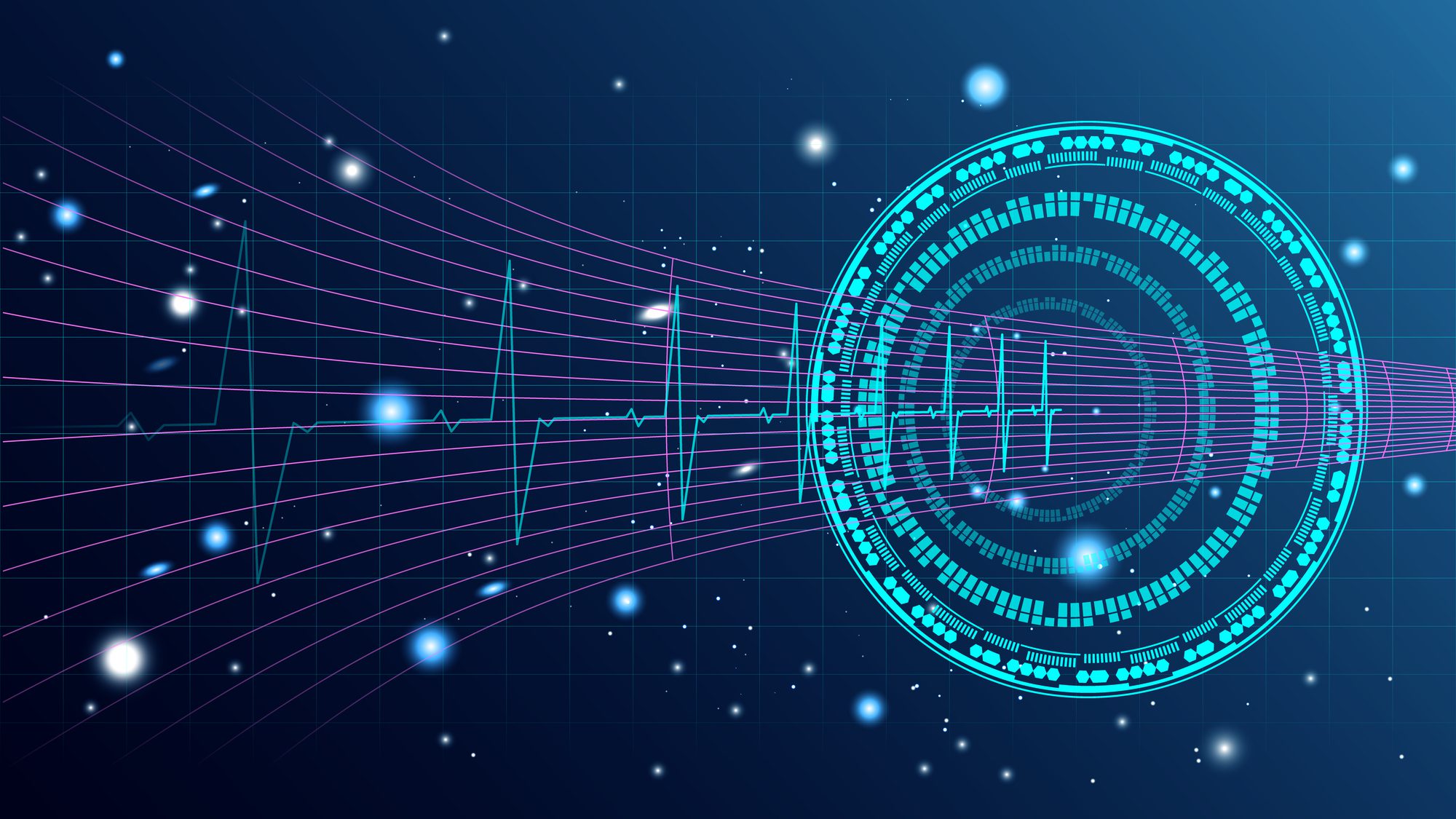A new study focusing on the use of artificial intelligence to perform a scan of the heart’s electrical activity (an electrocardiogram or ECG) has provided some new insights into human longevity.
The study, carried out by researchers at Mayo Clinic and published in the European Heart Journal, used an AI program to examine data from ECGs performed on 25,000 people. The subjects had an average age of 54 and were followed as part of the study for around 12 and a half years. The AI was trained to produce predictions of an individual’s biological age – the measure of how well a person’s body functions and their cells’ state of health, as affected by factors such as lifestyle.
The AI was able to predict the age of most of the subjects examined, and found that the average gap between a person’s biological age and their actual age in years was only 0.88. But it also found that a number of those examined had a much larger gap – meaning they were either much healthier or much less healthy than their actual age in years would seem to suggest. Follow-up research suggested that those who were ‘older’ than their chronological age in biological terms were much more likely to pass away, and this link was even more pronounced when the cause of death was heart disease. Those whose biological age was ‘younger’ than their age in years had a decreased risk of death.
In demonstrating that people who are biologically older than their age in years are more likely to die sooner, the research shows that AI can play an important role in detecting an accelerated aging process in individuals and its associated risks. The findings could prove useful in effectively targeting individuals who experience an accelerated ageing process with appropriate preventative strategies to avert declining health and increased risk of fatal heart disease.
Source: https://www.sciencedaily.com/releases/2021/05/210520160327.htm
















Leave a Reply
You must be logged in to post a comment.